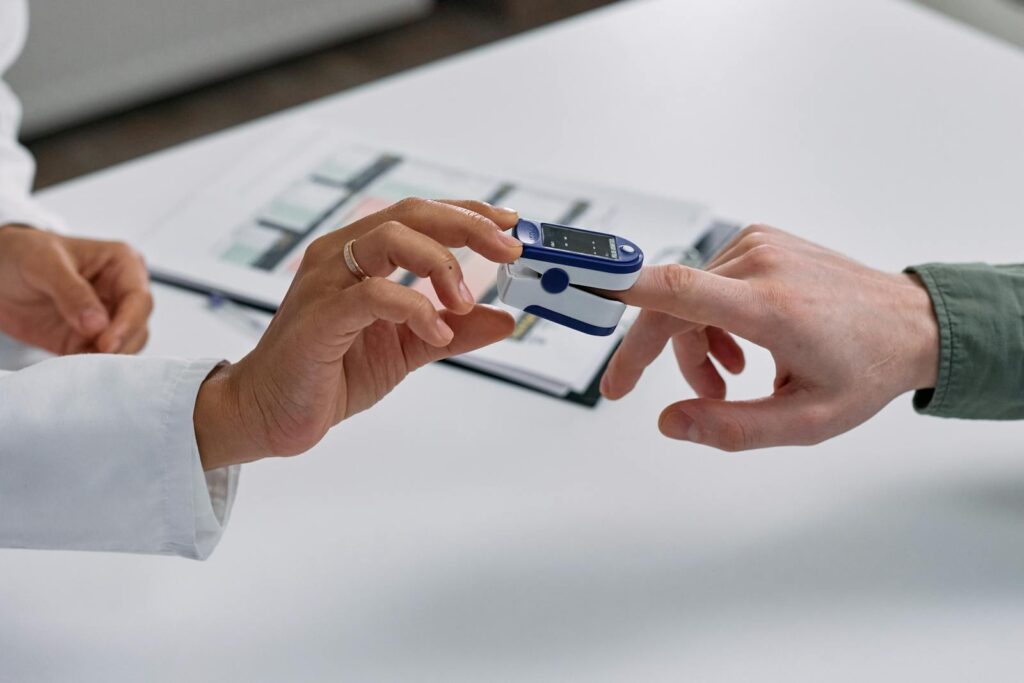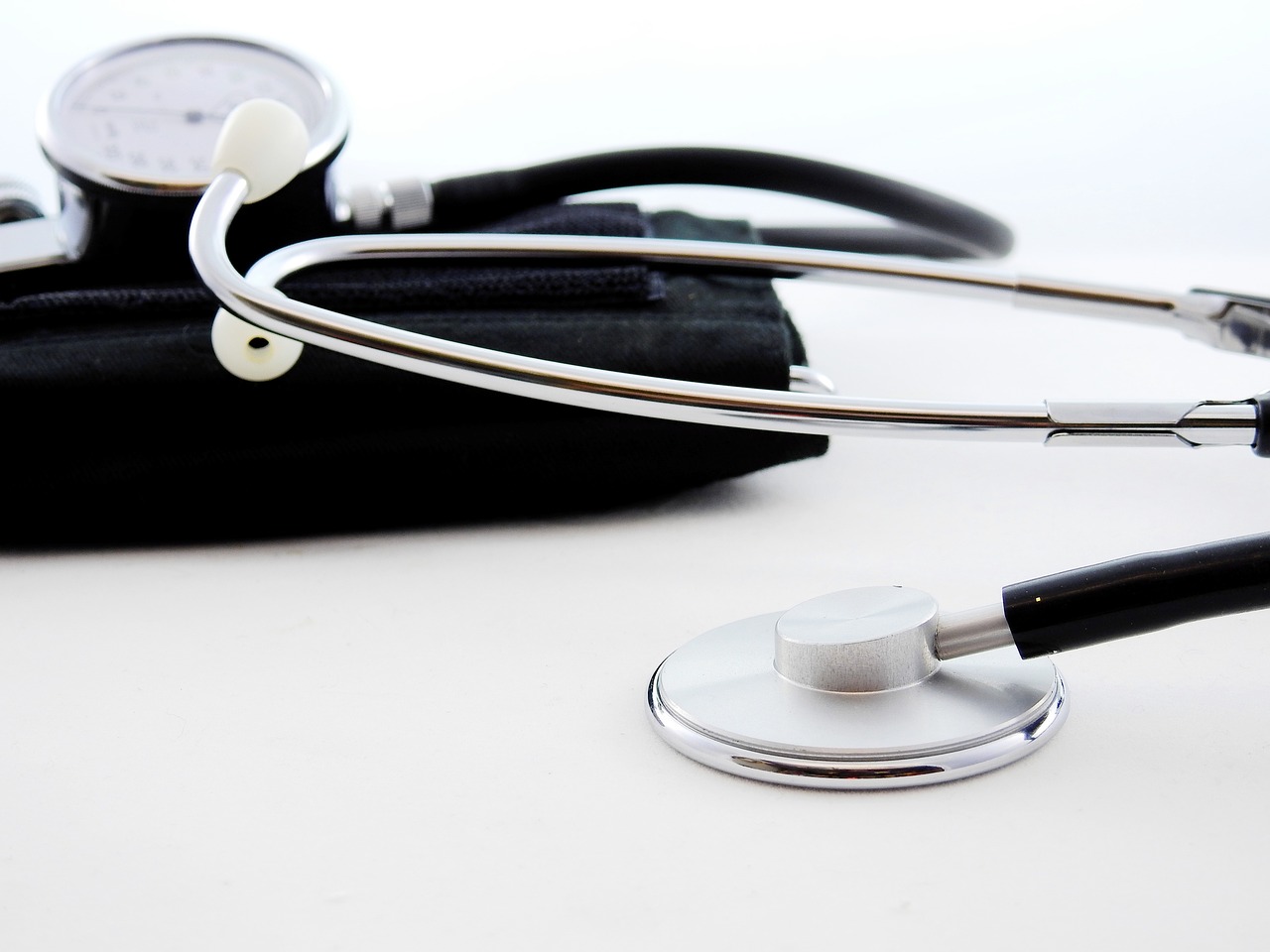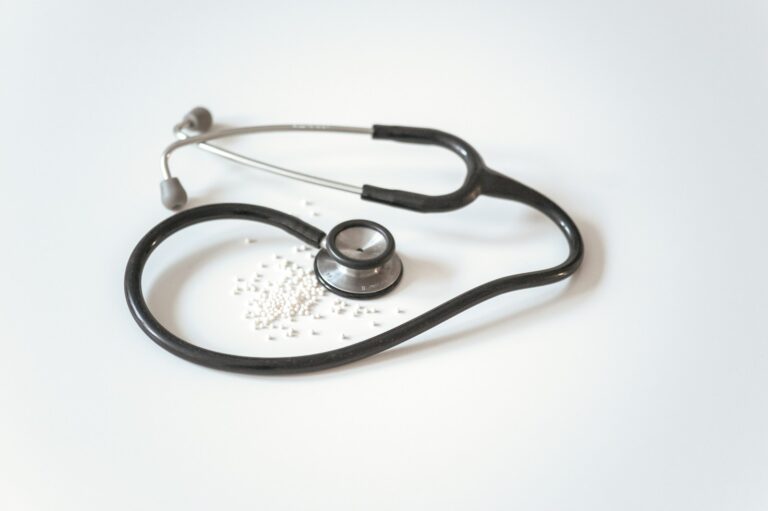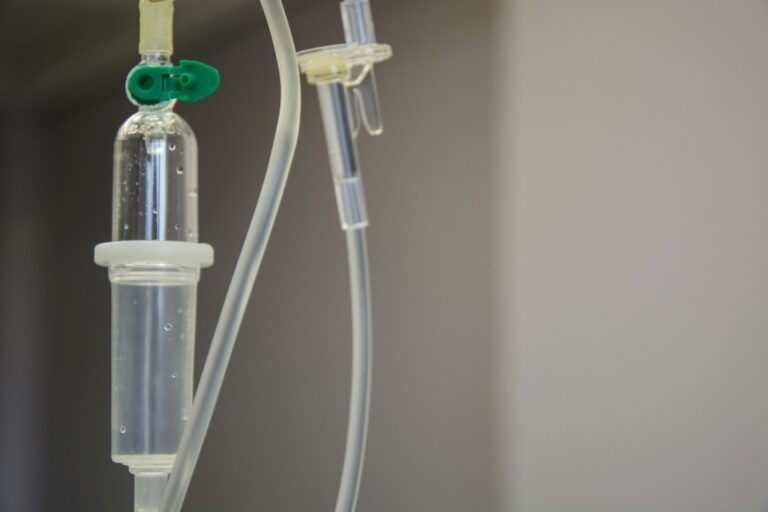A stroke can be a serious and life-changing event, but the good news is that many strokes can be prevented. Even after experiencing a stroke, natural recovery methods can aid in regaining strength and function. This guide covers essential strategies to reduce stroke risk and promote recovery through diet, exercise, and lifestyle changes.
Understanding Stroke: Causes and Contributing Factors
A stroke happens when blood supply to the brain is interrupted due to a blockage (ischemic stroke) or a burst blood vessel (hemorrhagic stroke). Without oxygen-rich blood, brain cells begin to deteriorate, leading to potential disability or complications.
Key Risk Factors for Stroke:
High Blood Pressure: The leading cause of strokes.
Diabetes: Poor blood sugar control can harm blood vessels.
High Cholesterol: Can result in clogged arteries.
Smoking & Excessive Alcohol: Increases the likelihood of stroke.
Unhealthy Diet & Obesity: Contributes to cardiovascular issues.
Physical Inactivity: Weakens overall heart and vascular health.
Atrial Fibrillation (AFib): Raises the chances of clot formation.
Preventing Stroke: Natural Ways to Reduce Risk
Although some risk factors, such as age and family history, cannot be changed, adopting a healthier lifestyle can greatly reduce stroke risk. Here’s how:
1. Follow a Stroke-Smart Diet
Eat leafy greens, berries, nuts, and seeds for antioxidants.
Choose whole grains instead of refined carbohydrates.
Incorporate healthy fats like olive oil, avocados, and fatty fish.
Limit processed foods, excess salt, and added sugars.
2. Stay Active & Exercise Consistently
Aim for 150 minutes of moderate exercise per week.
Engage in aerobic activities such as brisk walking, cycling, or swimming.
Add strength training to maintain muscle and heart health.
Try yoga or tai chi for stress relief and improved balance.
3. Keep Blood Pressure in Check
Cut back on sodium and consume potassium-rich foods (e.g., bananas, spinach).
Stay hydrated and maintain a healthy weight.
Practice relaxation techniques like deep breathing and meditation.
4. Avoid Smoking & Limit Alcohol
Smoking damages blood vessels, increasing the risk of clots.
Excessive alcohol intake can raise blood pressure and contribute to strokes.
5. Manage Stress & Prioritize Rest
Engage in meditation, mindfulness, or journaling to relieve stress.
Get 7-9 hours of quality sleep each night to promote brain function.

Recovery After a Stroke: Natural Healing Approaches
If a stroke occurs, taking steps to support recovery can enhance rehabilitation and improve quality of life.
1. Eat Nutrient-Dense Foods for Healing
Consume anti-inflammatory foods such as berries, nuts, and omega-3-rich fish.
Ensure sufficient intake of B vitamins, magnesium, and omega-3s to aid nerve regeneration.
Keep hydrated to support circulation and brain activity.
2. Engage in Movement & Physical Therapy
Start rehabilitation exercises as soon as possible to regain strength.
Try gentle stretching, yoga, or aquatic therapy for flexibility and mobility.
Perform hand and arm exercises to restore coordination.
3. Support Cognitive & Emotional Recovery
Stimulate brain function with puzzles, reading, and memory exercises.
Stay engaged in social activities to prevent isolation.
Maintain a positive outlook and remain patient throughout the healing process.
4. Consider Natural Supplements for Stroke Recovery
Omega-3 Fatty Acids: Help reduce inflammation and support brain repair.
Coenzyme Q10 (CoQ10): Enhances energy levels and cardiovascular wellness.
Magnesium: Aids in muscle function and blood pressure management.
Vitamin B12 & Folate: Supports nerve health and circulation.
Final Thoughts
Lowering stroke risk and enhancing recovery involves making intentional lifestyle choices. By focusing on a balanced diet, regular physical activity, stress reduction, and targeted nutrition, you can take control of your stroke risk and long-term health.
Looking for natural supplements to support stroke prevention and recovery? Visit CardioForte4Life.com for high-quality, research-backed solutions!
Remember, you don’t need to overhaul your diet overnight. Start with small, manageable changes—like swapping white bread for whole grain or adding an extra serving of veggies to your dinner plate.
Complement your heart-healthy diet with supplements like CardioForLife Powder to fill in any nutritional gaps and support overall cardiovascular health.





